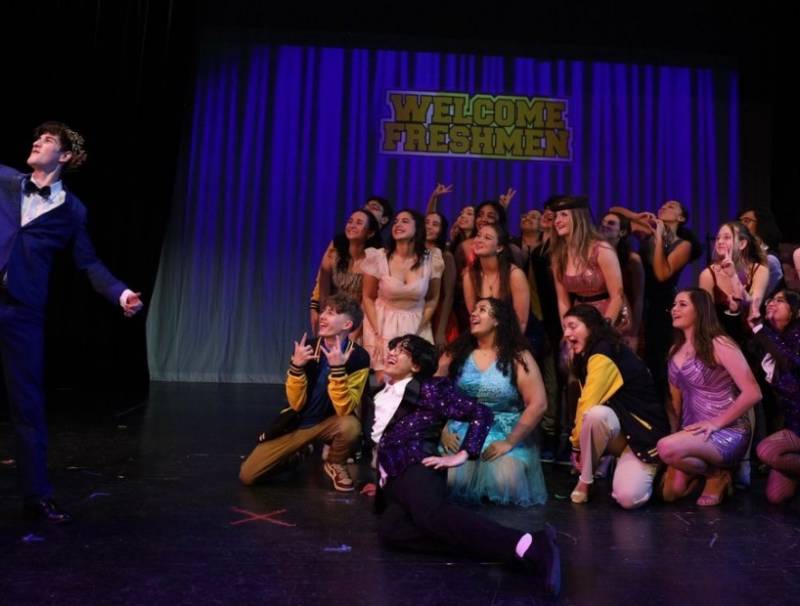Why sex ed should be taught before Junior Year in NHS
* Names have been changed.
Sexual education in high school is a sensitive subject, but the topic needs to be discussed more. Here at NHS, sex ed is taught in junior year; however, what is known about high school juniors is that many of them have already begun having sex before they first step into their sex-ed class. Nearly three in ten 13-year-olds to 16-year-olds are sexually active and “have been with someone in an intimate or sexual way,” according to NBC News.
Of course, not every teenager has sex in high school; however, many do and need to be educated to ensure that they are safe. Even if students have sex, it doesn’t mean they are aware of the dangers. In New Jersey alone there were 2,450 teen births in 2020 according to Power to Decide, an organization that promotes equity in contraception availability, and there were also 9,388 reported cases of an STD among teens in 2021, according to a New Jersey State Health Assessment Data.
Pregnancy, STDs, and STIs are all things that can be prevented, and not only by abstinence. Teens who have decided to have sex will find a way to do it one way or another, and it is up to the school to help teach students how to be safe. Jennifer*, a freshman at NHS said, “I think sex ed should be taught in eighth grade. If we have sex education earlier in school, then there is a greater chance that people will be safer when having sex. Most kids have sex in freshman year anyway so might as well try to keep students safe.”
Even upperclassmen feel this way. Michelle*, a senior in NHS said, “Almost all my friends had sex in freshman year, and most of them had also had pregnancy scares,” Teaching sex ed in junior year won’t help teach anybody as most of the students have already been sexually active for two years, give or take.
For many Nutley teens, there is a two-year gap between when they become sexually active and when students have sex education in school. It is too big of a window for problems in those two years.







